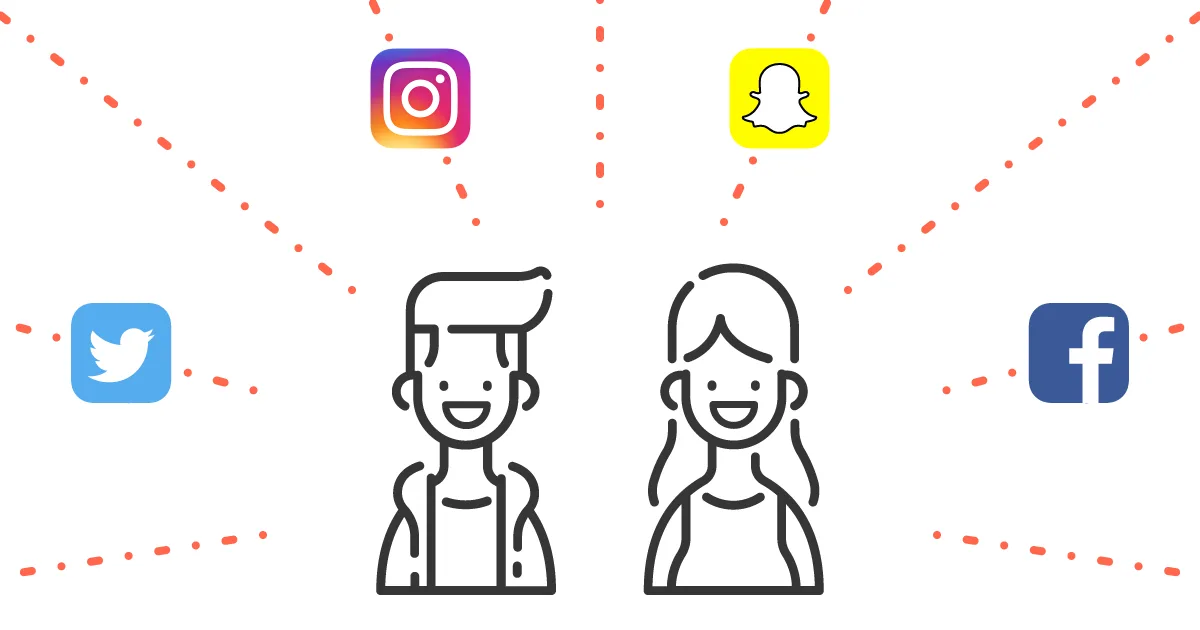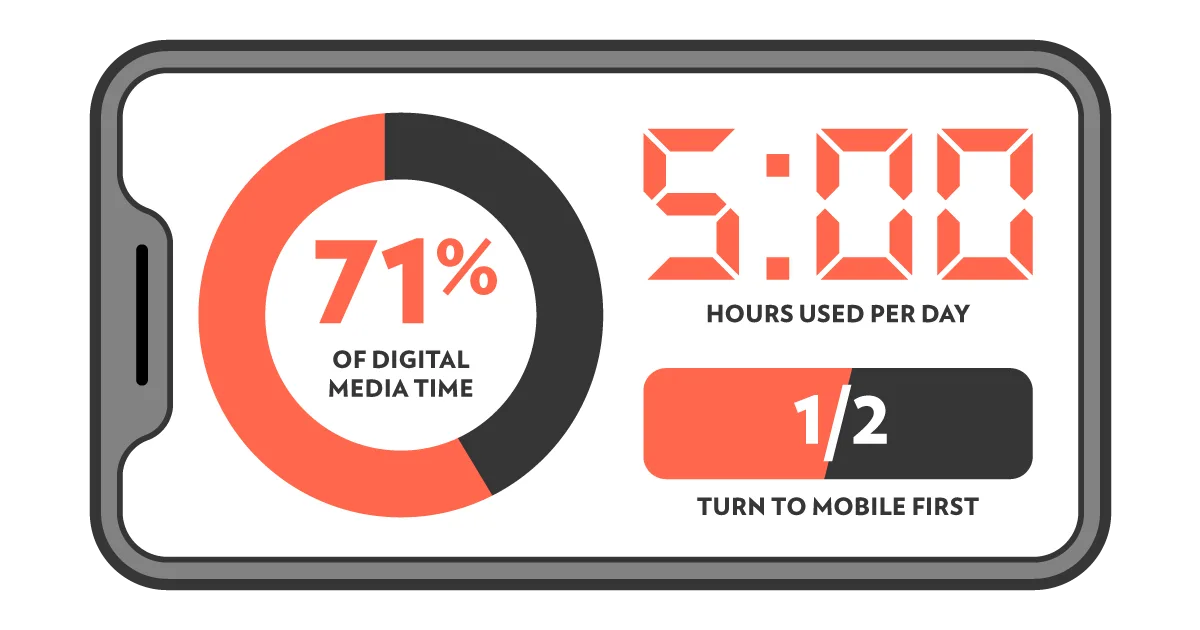Consumers want more

In a recent study, “DIY + Data: Taking Healthcare To the Next Level,” the Havas Group surveyed 9,447 adults in 27 countries. The study found that across the globe, people are eager for the healthcare industry to advance significantly, but don’t believe that it will be the industry’s incumbents (traditional healthcare providers and pharmaceutical companies) that will create meaningful innovations. Instead, it’s a combination of tech startups, individuals’ growing tech savvy, and the wake of personalized data we create that consumers expect to have greatest impact.
In data, we trust

For many, tracking personal health data means the ability to move beyond passively taking a pill for everything and instead developing better long-term individual habits. The amount of personalized data we create and monitor has had such an impact on our life, that now more than ever, people are comfortable sharing their data with others—including for-profit third-parties. In the Havas Group study, half of all respondents agreed with the statement, “I am willing to give all my personal health information to pharmaceutical companies so they can better monitor my health.”[1]
It’s interesting to note that we’ve become so comfortable, in fact, that we’re willing to share literally the most personal of information to an industry that is among the least universally trusted. (And this is in an era in which we’re informed of a new data breach affecting our personal data seemingly monthly. Indeed, a staggering 67% of people globally believe that in the future, no one will be able to keep their private data secure.[2])
The more you know
Gone are the days when people put off visiting their doctors or investigating their personal health conditions out of fear of the worst-case scenario. (Warren Zevon’s final interview with David Letterman comes to mind, in which Zevon told Letterman, “I might have made a tactical error in not going to a physician for 20 years. It’s one of those phobias that didn’t pay off.”[3]) Instead, 72% of people said that they’d want to know whether they are prone to develop a disease—even if prevention or a cure were highly unlikely.[4]

In other words, today, we fear being unaware more than we fear the incurable. That helps explain why testing one’s DNA is now mainstream, with 68% of people around the world saying that they’d be willing to take a DNA test to evaluate potential health risks.[5] In the U.S., 12 million Americans have already taken a DNA test. Beyond data privacy risks, what makes this especially notable is that direct-to-consumer DNA test kits didn’t even exist before 1999.[6]

The perception of Big Pharma: It’s time to shift from cash to care
Meanwhile, the consumer perspective on Big Pharma remains cynical, at best. Only about half (52%) of people globally trust drug makers to provide them with safe medications.[7] Nearly two-thirds of global consumers (65%) question the intentions of pharmaceutical companies, agreeing with the statement, “Most healthcare brands would rather make money off me than help me get well.”[8]

Further, only about a third of people globally trust these companies to make ethical choices. This cynicism is even worse in the U.S. where 48% of Americans agreed with the statement, “I do not trust any healthcare company to be my advocate and do the right thing for me.”[9]
Conversely, the majority of American consumers (55%) believe that tech companies and startups will push aside drug makers to become the major players in the healthcare industry. While pharmaceutical companies are perceived as prioritizing profit over people, most respondents perceived technology startups as organizations driven by innovation and a burning desire to solve the most pressing problems in humanity. That faith runs so deeply that—incredibly—nearly half (47%) of all U.S. respondents to the Havas Group study said they would allow a private company to modify their DNA to prevent or cure a disease.[10]
The doctor Internet knows best
With access to previously unimaginable amounts of personal health data—all conveniently sorted in a pretty UX from Apple Health or Fitbit—and a reliance on Googling anything and everything (roughly 3.5 billion times per day[11]), people are also growing much more comfortable in challenging the opinions of their healthcare providers.
In the U.S., this is likely bolstered further by the perception that people simply don’t have enough time with their doctors, and that doctors are quick to rush to a diagnosis. For instance, in a recent survey, the majority (56%) of American Primary Care Providers said that they spend fewer than 16 minutes per patient visit.[12] Additionally, some experts estimate that the average PCP sees about 25 patients per day forcing them to run from one to the next.[13]

Why? The U.S.’ fee-for-service industry model requires healthcare practices to continue to increase volume—more patients, more diagnoses, faster—to remain financially sustainable. The result is that doctors may rush to judgement with a potential diagnosis without hearing all pertinent information. (One infamous study found that, on average, primary care patients were interrupted 12 seconds into their appointments![14]).
Experts also believe that shorter, more rushed visits increase the likelihood that a doctor will prescribe a medication, rather than counsel a patient on a behavioral change.[14] The Havas Group study certainly supports this: The perception of the majority of consumers globally (55%) is that their “doctors are better at prescribing drugs than they are at listening to people fully to offer the right individualized treatment.”[15] Ouch.
So what does this mean for healthcare brands in the U.S.?
For tech startups and large, established brands dabbling in healthcare, the future is bright. Consumers are pulling for them and welcome disruption to what is commonly viewed as a complex, belabored system.
For incumbent healthcare brands, it’s time to rewrite the script. Recently, Camp + King conducted a competitive brand identity and messaging analysis for a healthcare client. We were surprised to find such an echo chamber in healthcare and pharmaceutical branding—a veritable sea of same.
Consistently, imagery felt staged and inauthentic. Again and again, messaging spoke to leadership positions within the industry (but we can’t all be leaders, right?). Invariably, brands promised to develop critical innovations in treatments and medicine in the future. Unfortunately, it all rings hollow for consumers who are hungry for brands to communicate authenticity and humanity, humbleness, a higher-order purpose beyond profit and consolidation, and a reason to trust in the industry’s ability to invent meaningfully today—not tomorrow.
Havas Group; Prosumer Report: DIY + Data: Taking healthcare to the next level; 2018 ↩
Havas Group; Prosumer Report: DIY + Data: Taking healthcare to the next level; 2018 ↩
Pareles, John; New York Times Magazine; Warren Zevon’s last waltz; January 26, 2003 ↩
Havas Group; Prosumer Report: DIY + Data: Taking healthcare to the next level; 2018 ↩
Havas Group; Prosumer Report: DIY + Data: Taking healthcare to the next level; 2018 ↩
Wikipedia; Genealogical DNA test; September 25, 2018 ↩
Havas Group; Prosumer Report: DIY + Data: Taking healthcare to the next level; 2018 ↩
Havas Group; Prosumer Report: DIY + Data: Taking healthcare to the next level; 2018 ↩
Havas Group; Prosumer Report: DIY + Data: Taking healthcare to the next level; 2018 ↩
Havas Group; Prosumer Report: DIY + Data: Taking healthcare to the next level; 2018 ↩
Smart Insights; Search engine statistics; January 30, 2018 ↩
Medscape; Amount of time U.S. primary care physicians spent with each patient as of 2018; sourced from Statista ↩
Referenced from Getzwell Pediatrics FAQ ↩
Rabin, Roni Caryn; USA Today; You’re on the clock: Doctors rush patients out the door; April 2014 ↩ ↩
Havas Group; Prosumer Report: DIY + Data: Taking healthcare to the next level; 2018 ↩

